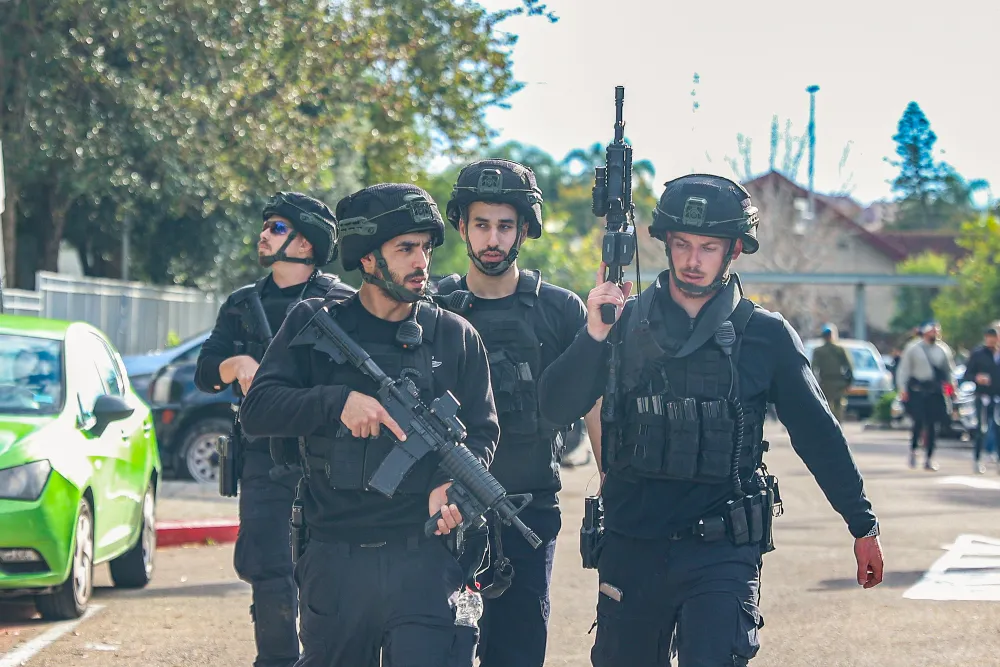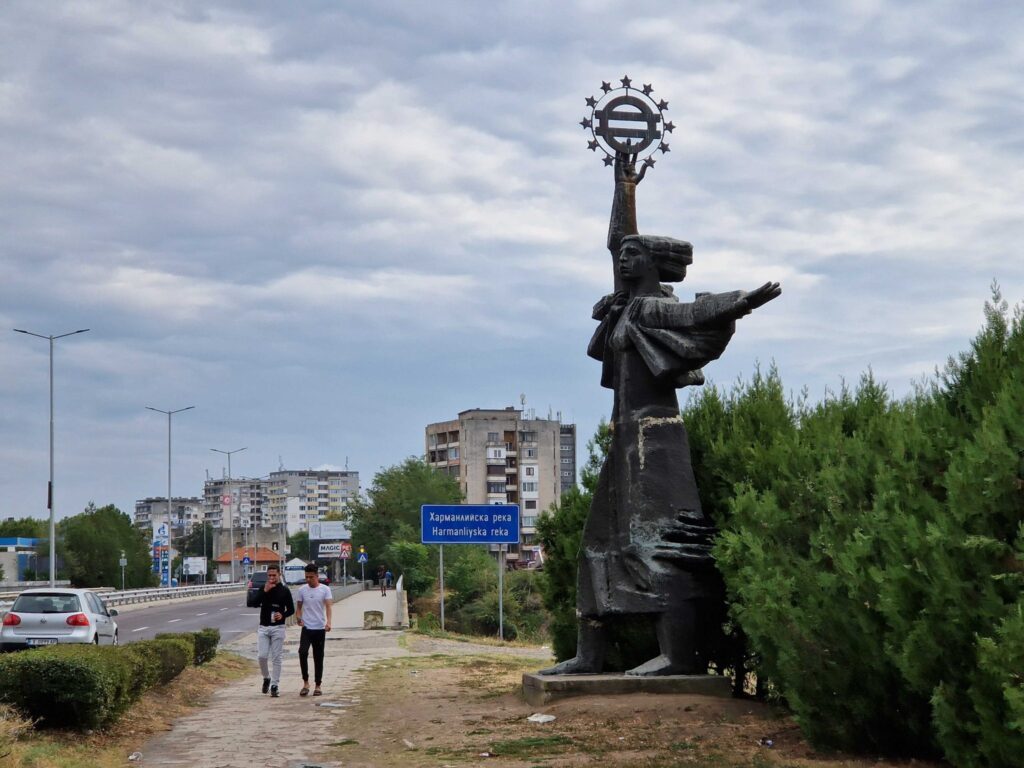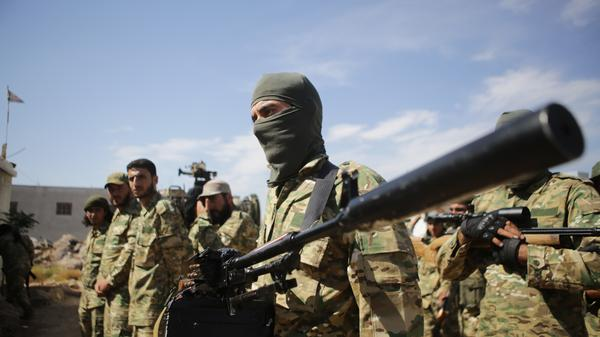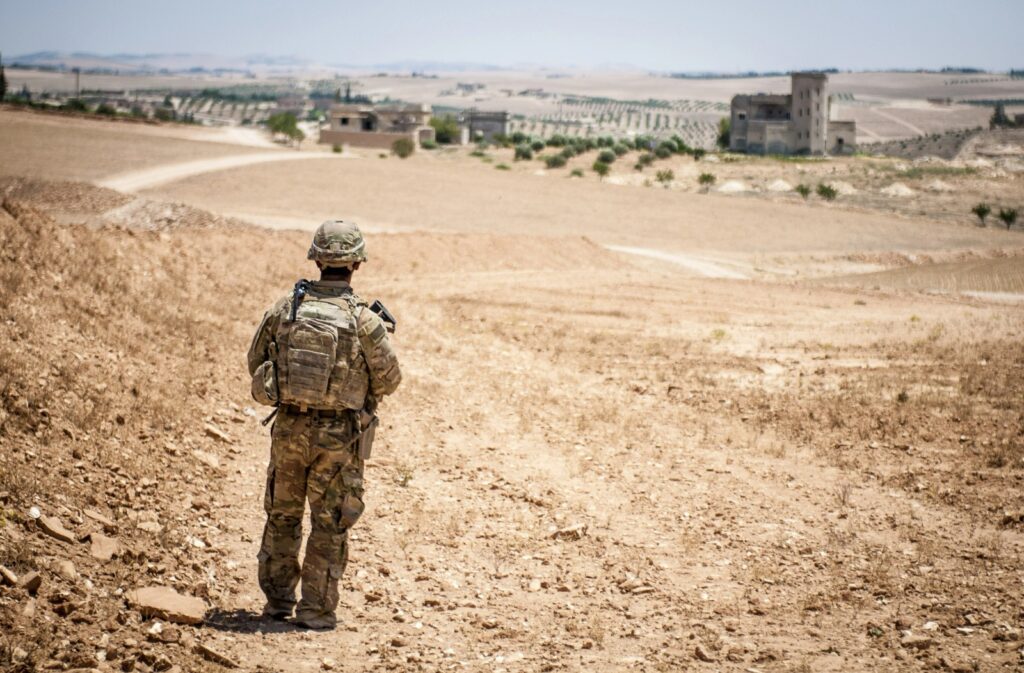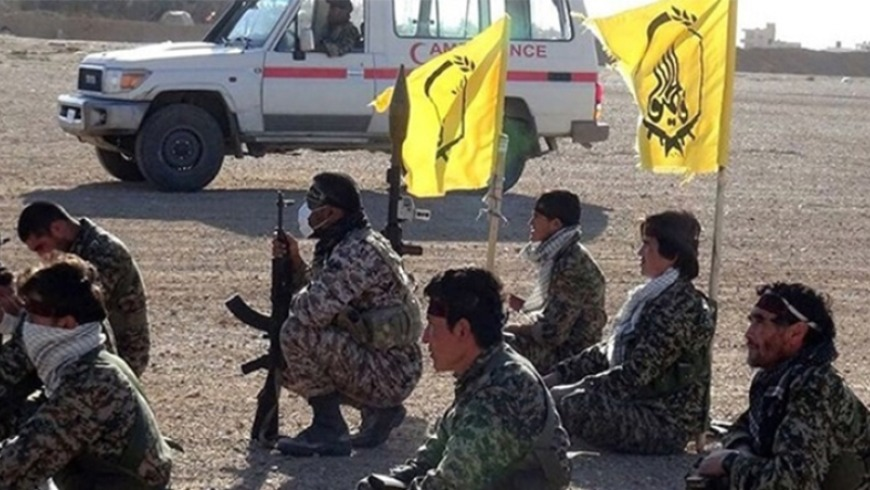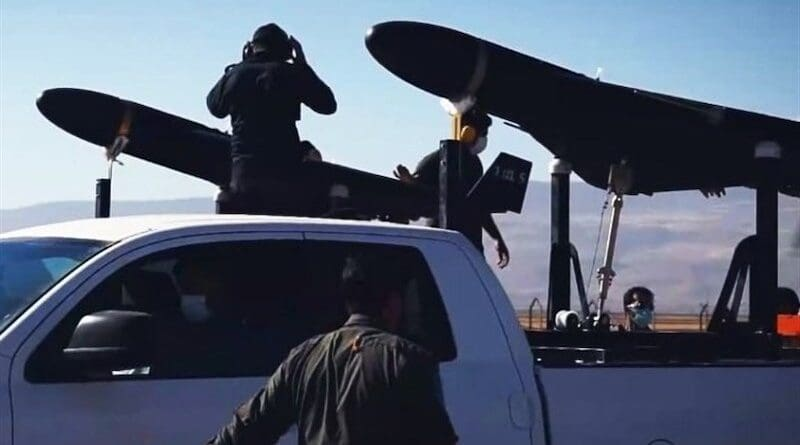Hezbollah Rocket and Anti-Tank Missiles Target Northern Israel
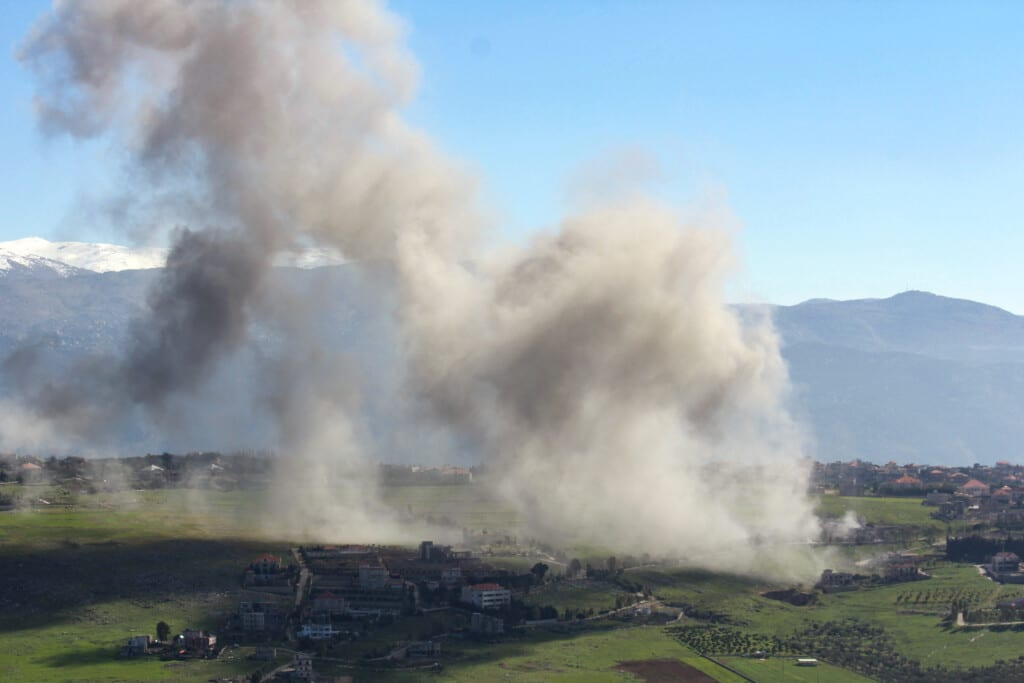
Latest Developments
Hezbollah targeted northern Israel with anti-tank missiles on February 22. “An anti-tank missile fired from Lebanon Thursday morning struck a private home in Yuval, a village in the Upper Galilee,” Israel’s Yediot reported. A second anti-tank missile struck an open area near Kiryat Shmona, a city in northern Israel. There were no injuries reported in the attacks, and Israel responded with artillery fire. Tensions with Hezbollah have increased in recent weeks as the Iranian-backed terrorist group continues to carry out rocket and drone attacks on Israel. Israel evacuated communities along the border with Lebanon in October.

